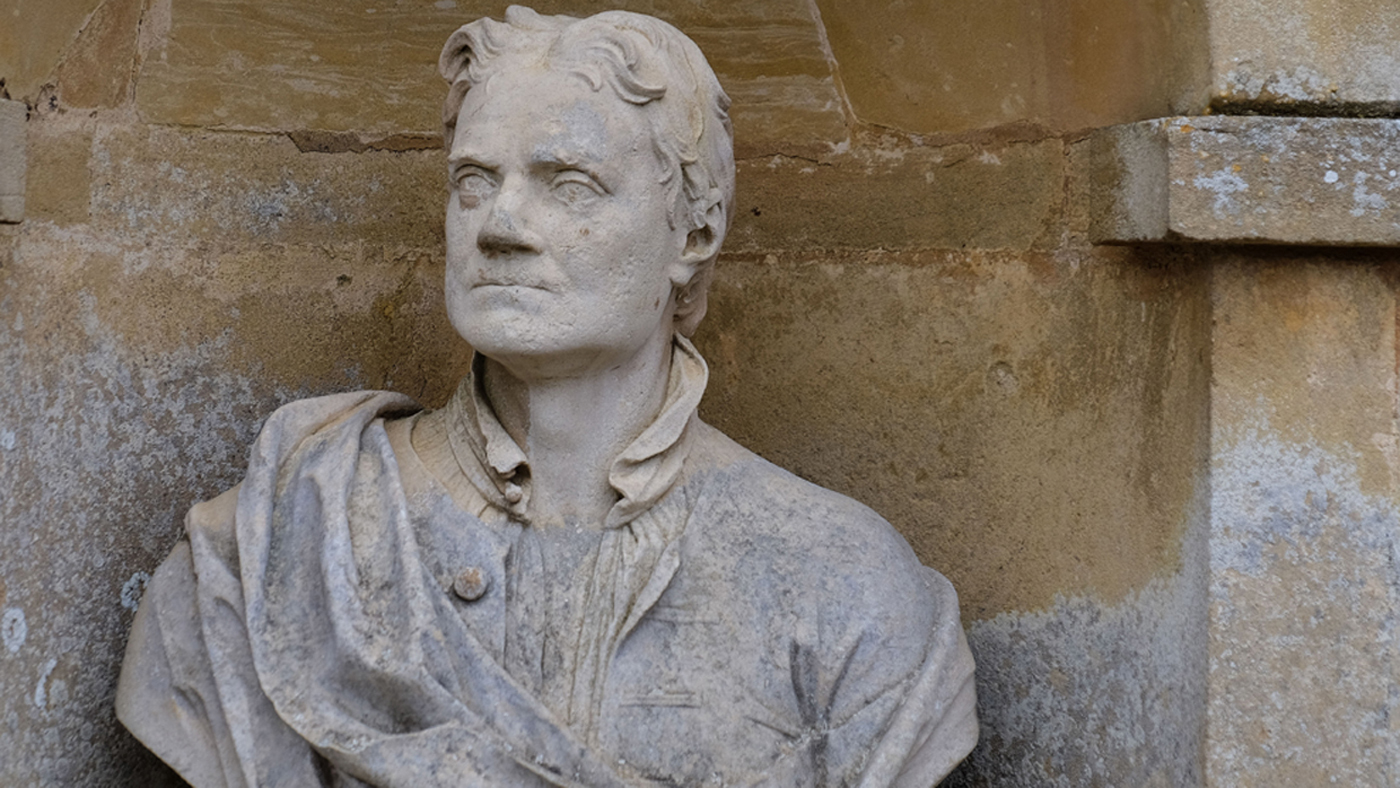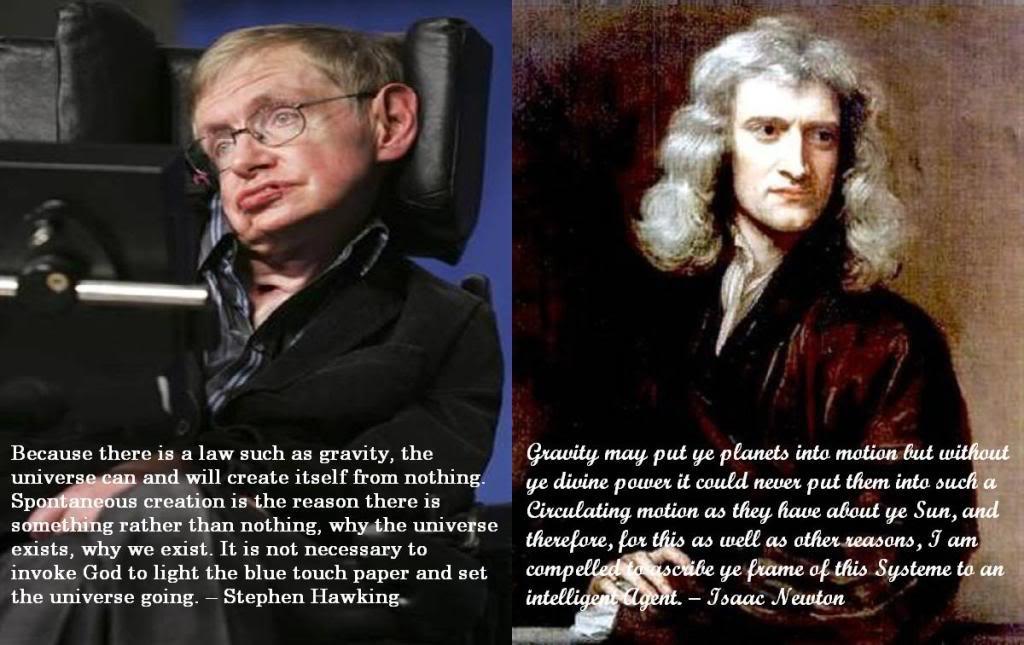
/Estatua-Isaac-Newton-Trinity-College-56a2bd743df78cf772796678.jpg)
So, depending on how one approaches the matter, Newton was either a friend or foe of religion. In spite of mechanism serving as an object of disdain or being ignored throughout much of Christian history, Newton and certain contemporaries embraced it as inherently Christian and championed it in their attempts to ward off atheism. It is worth noting at this juncture that the early church fathers would have been horrified by Newton’s mechanistic universe (albeit one that God created and sustained). He was also troubled by the deistic turn in his day (including Descartes’ watchmaker deity) Newton believed that God’s removal from the world would potentially give rise to atheism. Moreover, while there is debate on the relation of faith and science in Newton’s thought, he saw his scientific work as a support for belief in God. The book is aimed squarely at Newton fans, who will be delighted by Chambers's insightful, thorough investigation.On the other hand, Newton engaged in serious theological study, including natural theology and biblical prophecy. The biggest surprise in Chambers's tome is the revelation that Newton conducted extensive research into the Noah's Ark story and the lost city of Atlantis.

Chambers (The Secret Life of Genius) dedicates a large portion of the book to Newton's research on God and the universe he believed biblical texts had been corrupted and that science held the most accurate account of God and also dissects his thoughts on the Trinity, which were greatly influenced by fourth-century theologian Athanasius of Alexandria. Although he was a Christian, his theological views were considered heretical because he was anti-trinitarian (he denied that the Father, Son, and Holy Ghost are one, inseparable entity) and did not see Jesus Christ as equal with God. Newton, known primarily as a physicist, a mathematician, and the author of Principia Mathematica, also practiced alchemy, researched prophetic biblical notions, and wrote extensively on theology and religion. In this detailed book, the late academic Chambers (1939 2017) takes readers into the strange spiritual and occult world of Isaac Newton (1643 1727). He shows that Newton’s great hope was that these writings would provide a moral compass for humanity as it embarked upon the great enterprise that became our technological world. The author also examines Newton’s alternate timeline of ancient history and his study of prophecy through the Book of Revelations, including his prediction of an Apocalypse in the year 2060 followed by a radically transformed world. The author shows that a single thread runs through Newton’s metaphysical explorations: He is attempting to chart the descent of man’s soul from perfection to the present day. Although he was a devout Christian, Newton’s work on the Bible was focused not on restoring the original Jewish and Christian texts but on rediscovering the one true religion that existed prior to the Flood of Noah, when science and spirituality were one. Examining Newton’s secret writings, John Chambers shows how his brilliance extended into alchemy, spirituality, the search for lost continents such as Atlantis, and a quest to uncover the “corrupted texts” that were rife in the Bibles of his time. This other masterpiece of Newton, kept secret because of the heresies it contained, consists of thousands of essays providing equation-incisive answers to the spiritual questions that have plagued mankind through the ages. To Newton, they were proof that God existed.Īt the same time Newton was writing Principia Mathematica, he was writing a twin volume that he might have called, had it been completed, Principia Theologia- Principles of Theology. The perfection of these laws implied a perfect legislator. In his famous masterpiece, Principia Mathematica, he described the mechanics of the physical universe with unimagined precision, proving the cosmos was put together according to laws. He invented calculus, discovered the binomial theorem, explained the rainbow, built the first reflecting telescope, and explained the force of gravity. Isaac Newton (1643-1727) is still regarded by the world as the greatest scientist who ever lived.



 0 kommentar(er)
0 kommentar(er)
